According to Dugin, the real issue is not whether people are being monitored, but who is doing the monitoring.
Others are reading now
According to Dugin, the real issue is not whether people are being monitored, but who is doing the monitoring.
Russians Are Being Watched
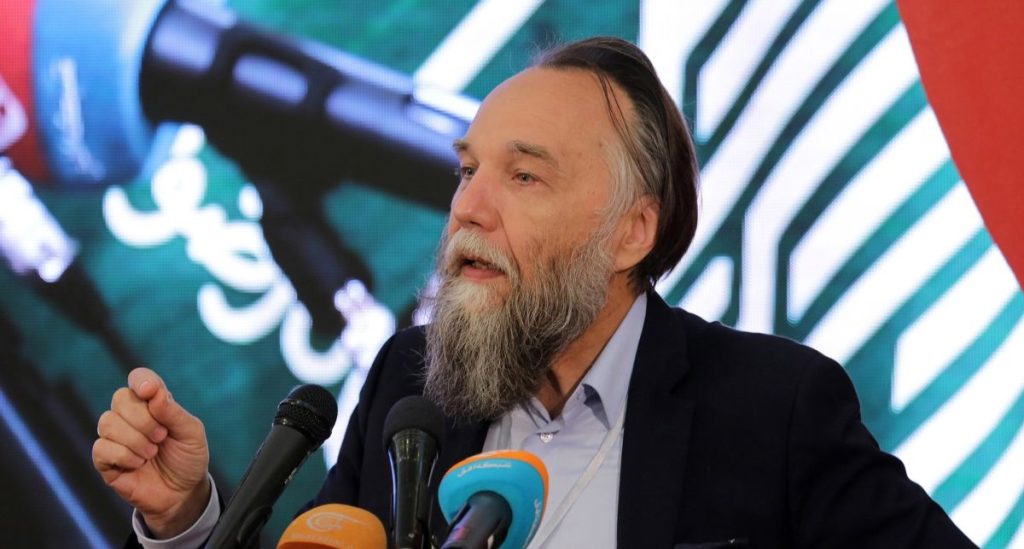
Russian philosopher Alexander Dugin, widely considered an ideological figure behind President Vladimir Putin’s regime, recently claimed that Russian citizens are already under surveillance via common household devices.
He specifically mentioned items such as coffee grinders and power sockets, suggesting these are being used as monitoring tools.
Support for State Surveillance and the FSB
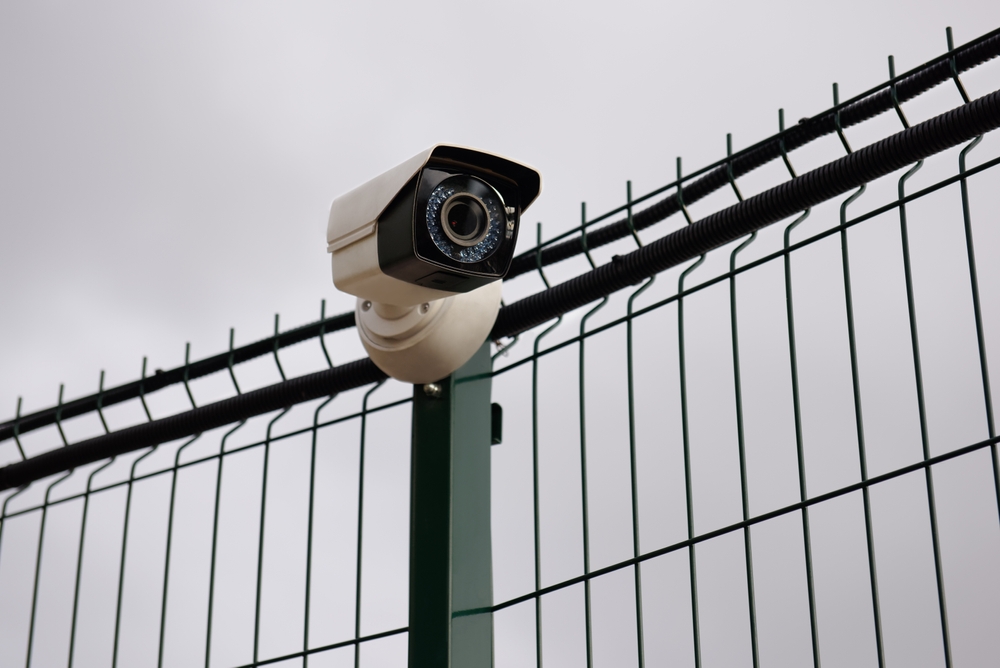
Dugin expressed strong support for surveillance by Russian security agencies, including the FSB, stating that citizens who are loyal to the state should not be concerned.
He described Russian law enforcement as trustworthy and responsible for protecting national interests.
Also read
Criticism or fear of being monitored, he argued, is incompatible with what he sees as patriotic behavior.
“Honest Patriots” Should Have Nothing to Hide

The philosopher questioned why any “honest patriot” would seek to conceal personal movements or connections.
He implied that transparency before the state should be expected from those loyal to the nation.
In his view, anyone who hides information from the FSB is already behaving suspiciously.
Praise for Russia’s Security Services
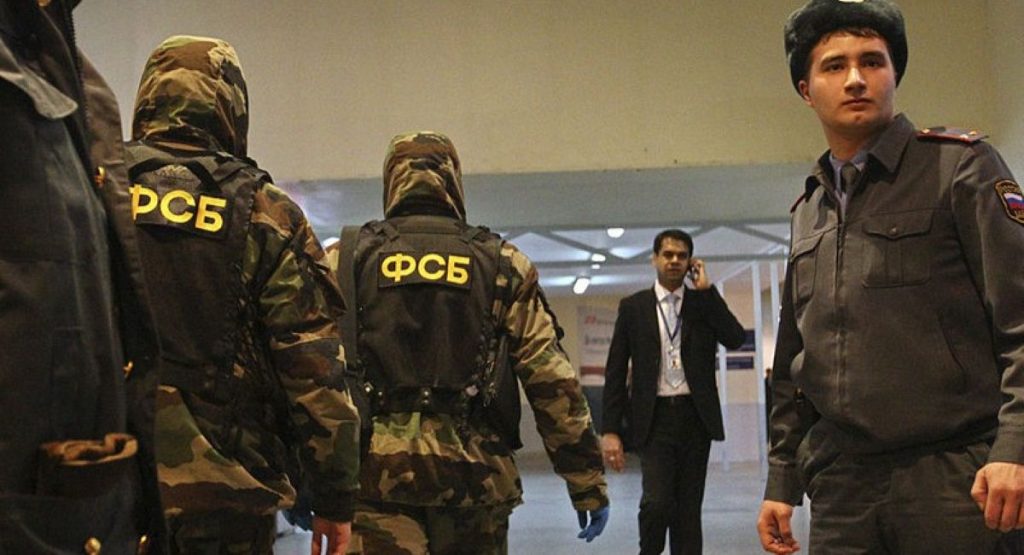
Dugin referred to members of Russia’s security and law enforcement bodies as defenders of the Russian people.
Also read
He called them “messengers of the fear of God,” praising their loyalty and sacrifices, particularly in Ukraine and during internal operations.
This language frames state agents not only as professionals but as moral authorities.
Surveillance Framed as a Moral Imperative
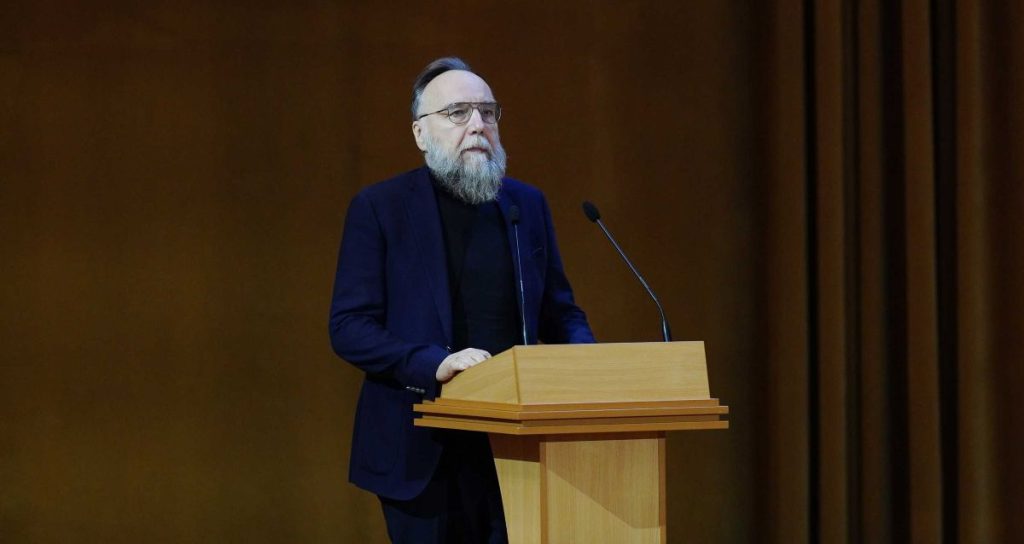
He argued that surveillance should not be viewed as a threat but as a moral necessity in service to the Russian state.
The fear of foreign spying, particularly from Western intelligence services, was used to justify increased domestic control.
Dugin dismissed concerns over privacy, emphasizing the importance of loyalty and openness toward national institutions.
Also read
Rejection of Western Technology and Liberal Values
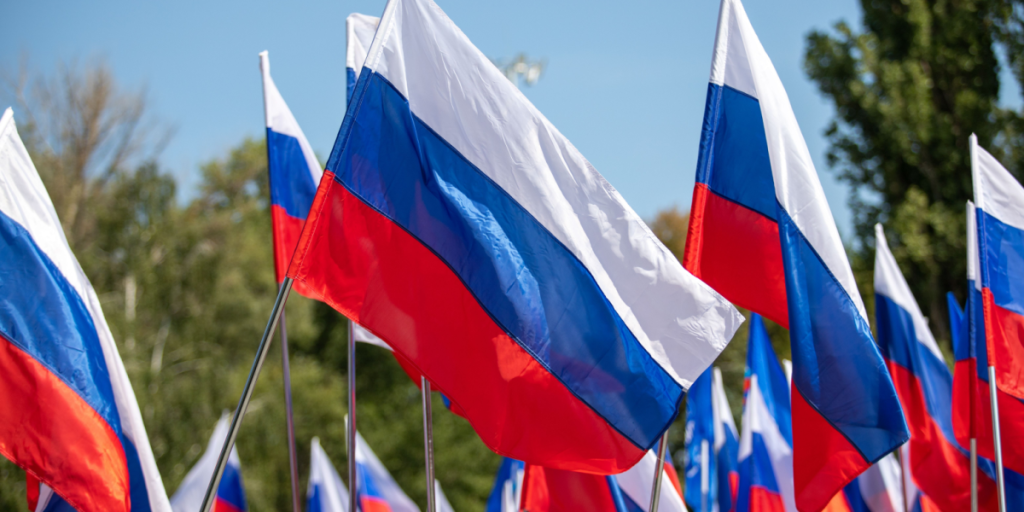
Dugin dismissed criticism of Russia’s state-supported messaging app, Max, claiming that all devices and platforms, Western or Russian, are tools for total surveillance.
He urged Russians to reject what he called the “liberal demonization” of domestic intelligence operations.
He also framed Western liberalism as a hostile ideology incompatible with Russian traditions.
The Role of the “Max” Messaging App
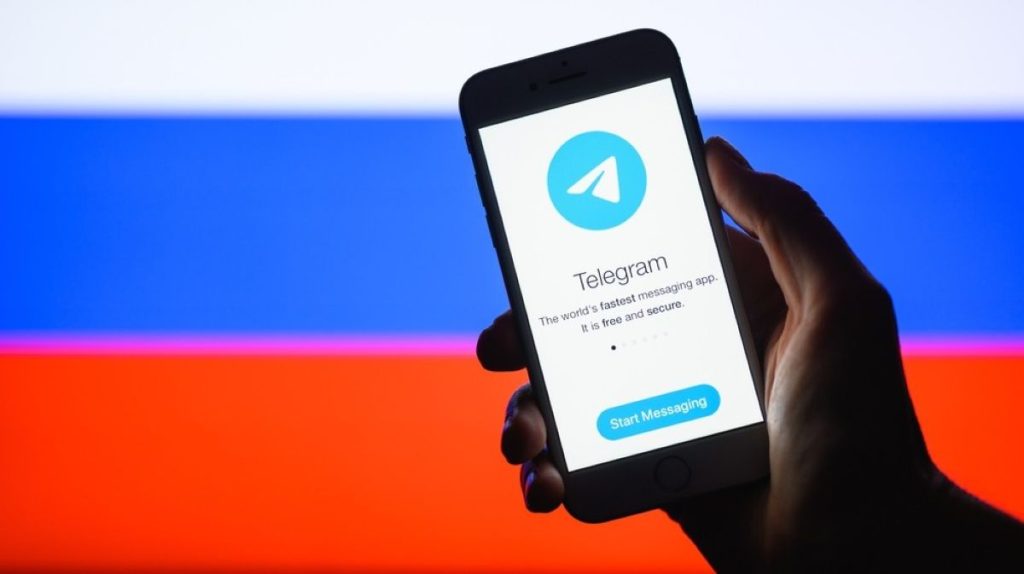
Dugin’s statements followed new restrictions placed on Western messaging platforms like WhatsApp and Telegram.
He defended the Russian government’s promotion of Max, a messaging app linked to VKontakte and state authorities.
Also read
Russian officials argue Max offers greater control and security, though critics see it as a tool of digital repression.
A Strict Vision of National Loyalty

Dugin argued that violations of an undefined “patriotic code” should be met with severe punishment.
He did not detail the contents of this code but suggested that any attempt to withhold information from the state indicated betrayal.
Dugin’s Influence on Russian Politics and War
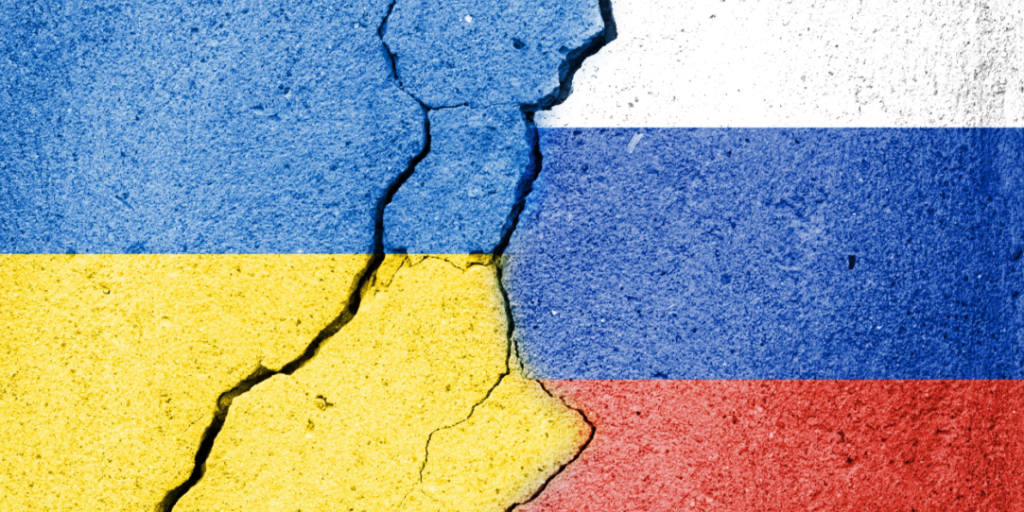
Alexander Dugin has long been viewed as a key influence on Kremlin ideology.
He has promoted the idea of Eurasian unity and is a vocal supporter of Russia’s invasion of Ukraine.
Also read
Ukrainian authorities accuse him of publicly calling for genocide and denying Ukraine’s sovereignty.
Opposition to the West and Support for Authoritarianism
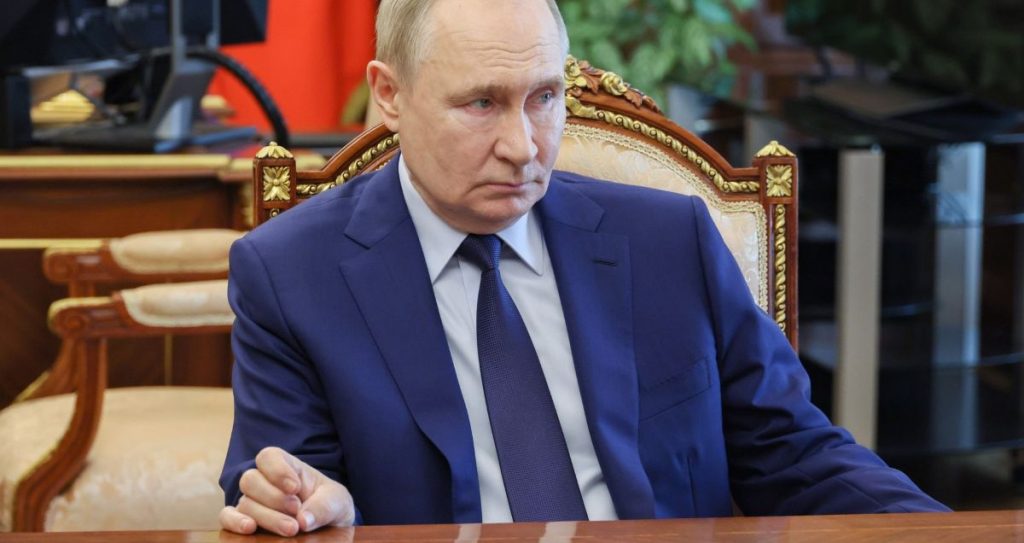
Dugin believes the West’s hostility toward Russia stems from its rejection of liberalism and embrace of traditional values under Putin.
He has described Russia as a monarchy in practice, where the president has unchecked power.
His worldview, centered on confrontation with the “collective West,” has drawn accusations of fascist ideology.


